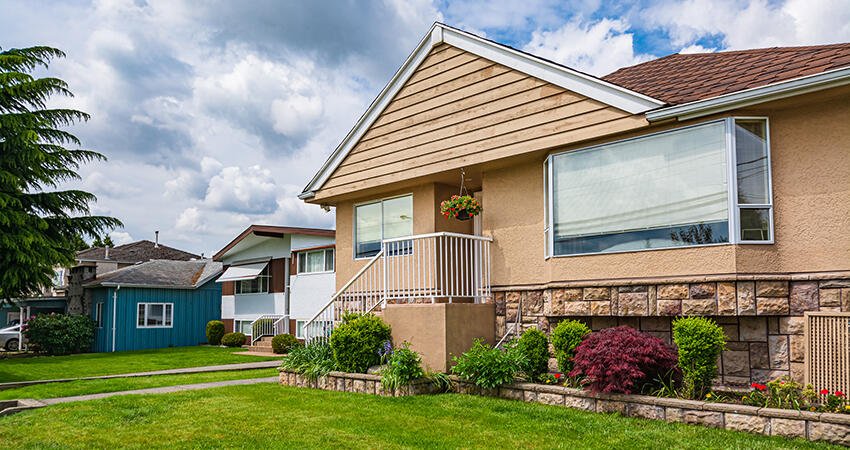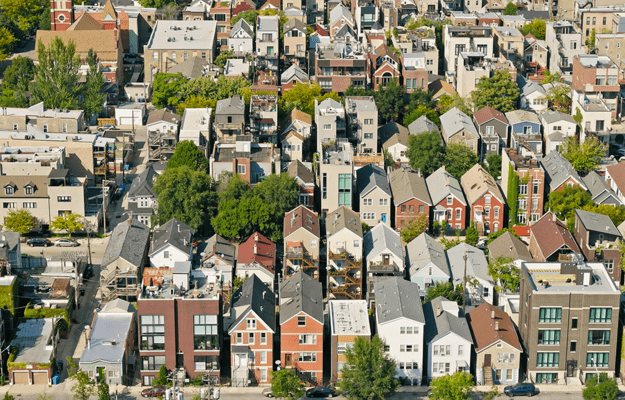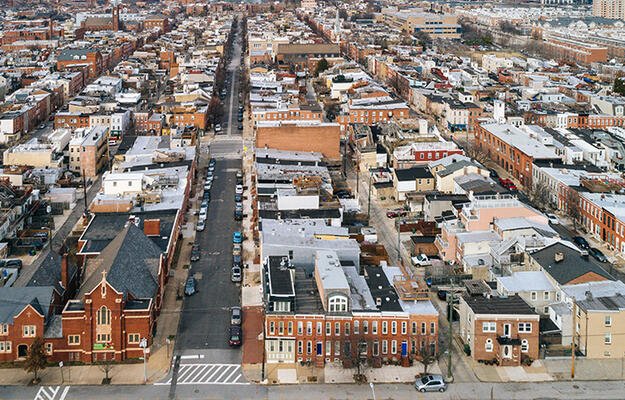
(Imagenet/Shutterstock)
Homeownership Is Much More Costly for Black Homeowners
- Title:
-
The Unequal Costs of Black Homeownership
- Author:
-
Michelle Aronowitz, Edward L. Golding, Jung Hyun Choi
- Source:
- Publication Date:
-
2020
Black homeownership is often hailed as a solution to closing the Black-white wealth gap, and many housing researchers, industry leaders, and advocates have focused on eliminating the structural barriers to homeownership. Yet this singular focus oversimplifies the benefits of homeownership, which do not necessarily accrue equitably across households. For instance, structural racism in access to credit has led to Black people having lower average credit scores and a higher likelihood of being credit invisible than white people. Lower average credit scores not only make it more difficult for Black people to achievehomeownership but also contribute to homeownership being more costly for Black people after it’s been attained. This study expands the research on the costs of homeownership by investigating how much more Black households pay to be homeowners relative to white households.
Using data from the Home Mortgage Disclosure Act and the 2017 American Housing Survey, the authors analyze differences in homeownership costs by race across four categories: mortgage rates at origination, mortgage rates after origination, insurance premiums, and property taxes. They find Black homeowners pay higher mortgage rates at origination and postorigination, spend more on mortgage insurance, and pay more in property taxes than white homeowners, resulting in a higher homeownership cost burden. They estimate this leads to tens of thousands of lost savings over the life of the loan. Ensuring homeownership is equally as beneficial and sustainable for Black homeowners will require policy changes to eliminate these cost disparities.
Key findings
- Mortgage firms charge higher interest rates for perceived risk factors, such as higher loan-to-value ratios and low credit scores. As a result, the average Black homeowner’s interest rate is 33 basis points higher than the average white homeowner, and Black homeowners pay about $250 more per year in interest charges.
- Because Black borrowers are disproportionately locked out of opportunities for refinancing their mortgages to lower interest rates, refinance activity is 2.5 percent higher for white homeowners than Black homeowners. The cost of this disparity is an extra $475 per year for Black borrowers.
- Though 38 percent of white households don’t carry mortgage insurance, only 12 percent of Black households do not pay a mortgage insurance expense. Mortgage insurance costs range from about 75 to 100 additional basis points on a mortgage’s interest rate, so the average Black borrower pays an average additional cost of $550 per year compared with the average white borrower.
- Nearly a quarter of the disparity in homeownership costs for Black homeowners is caused by local property tax assessments. The authors cite that Black homeowners bear a 13 percent higher property tax burden in the same jurisdiction as white borrowers.
- In total, the average Black homeowner will pay an additional $13,464 over the life of the loan, which amounts to $67,320 in lost retirement savings for Black households.
Policy recommendations
- Eliminate risk-based pricing. Risk could instead be pooled and priced uniformly into all mortgages, thereby eliminating the disproportionate burden to Black borrowers.
- As long as risk-based pricing continues, incorporate prepayment risk into pricing models. Though the authors advocate for eliminating risk-based pricing, to the extent that it continues, they suggest mortgage firms should price for the risk that a borrower will refinance their mortgage. White borrowers are more likely to refinance than Black borrowers, and mortgage firms lose income when borrowers refinance to a lower rate. Yet they do not include this type of risk (predominantly associated with white borrowers) in their models
- Make it easier for borrowers to refinance. Many credit policies that limit refinancing, such as debt-to-income and loan-to-value thresholds, disproportionately disadvantage Black borrowers, even when they already have a mortgage and are current. Mortgage firms should restructure these policies so creditworthy Black borrowers are able to access the same lower rates as their white counterparts.
- Replace mortgage insurance requirements with alternative policies that reduce disparate costs for Black homeowners. For instance, policymakers could implement tax credits for first-time homeowners, which could be used as down payments to reduce the need for mortgage insurance. They could also create a government-supported insurance program that makes mortgage payments in the event of unemployment or disability.


